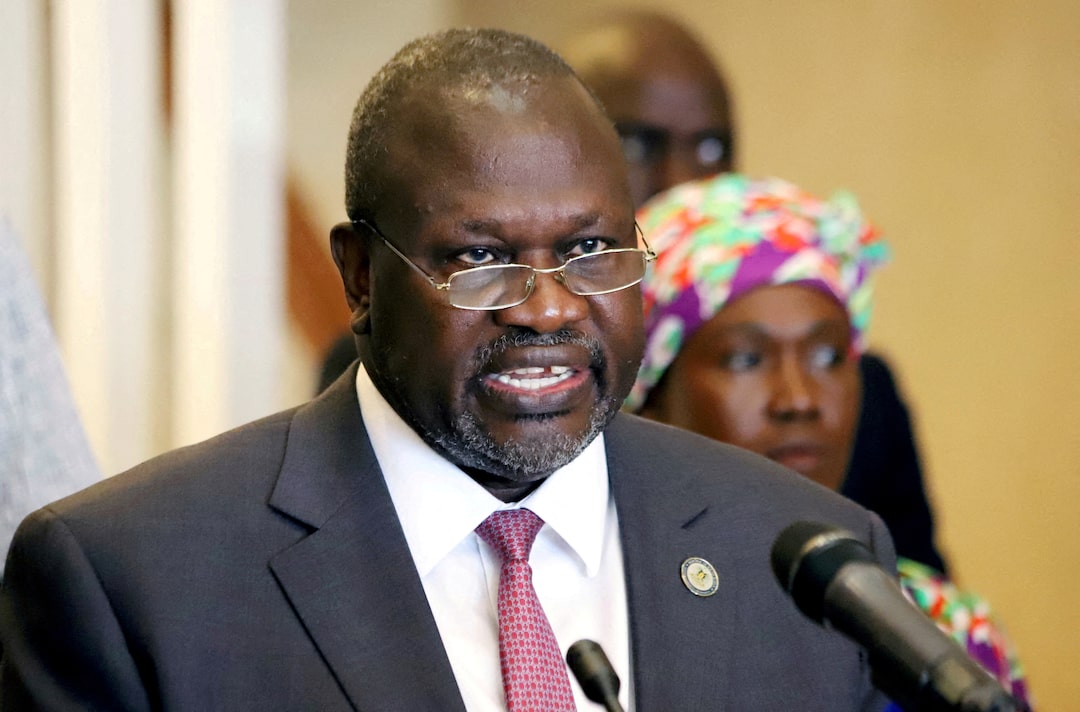By Guya Scopas Bethuel
The South Sudan Civil Society Forum (SSCSF) has urged judicial independence and restraint from political interference as the trial of First Vice President Dr. Riek Machar Teny and seven others enters its second week at Freedom Hall in Juba.
The trial, which began on September 22, stems from the March 2025 Nasir incident that sparked deadly clashes between the South Sudan People’s Defense Forces (SSPDF) and the White Army, leaving scores dead, property destroyed, and civilians displaced.
In a statement issued on Monday, SSCSF described the case as a defining moment for South Sudan’s justice system and peace process. The Forum emphasized that how the trial is conducted and concluded will have “profound implications for peacebuilding, national healing, reconciliation, and justice” across the country.
The group welcomed the judiciary’s decision to allow public and media access to the proceedings but warned that transparency must go hand in hand with full respect for fair trial standards, including due process, equality before the law, and protection of the rights of the accused and victims alike.
“The people of South Sudan and the international community are closely watching,” the statement read. “We urge all actors to allow the courts to carry out their mandate free from interference, intimidation, or undue influence.”
SSCSF also called on the government to guarantee the safety of everyone linked to the case ranging from prosecutors and defense teams to witnesses, journalists, and members of the public. It further appealed to citizens to refrain from hate speech and inflammatory rhetoric that could inflame tensions.
Beyond the immediate trial, the Forum renewed its demand for the establishment of the long-delayed Hybrid Court for South Sudan (HCSS), a mechanism envisioned under the 2018 peace agreement to address atrocities committed during the country’s conflicts.
“While this trial is important, it should not be mistaken as a substitute for the wider accountability processes under the peace agreement,” SSCSF stressed, urging both the Revitalized Transitional Government of National Unity and the African Union Commission to expedite the Hybrid Court’s formation.
The Forum maintained that justice and accountability remain central to sustainable peace, arguing that without the Hybrid Court, victims of past conflicts risk being denied the justice they deserve.
“Establishing the Hybrid Court is not only a legal obligation but also a moral imperative,” the statement concluded.



